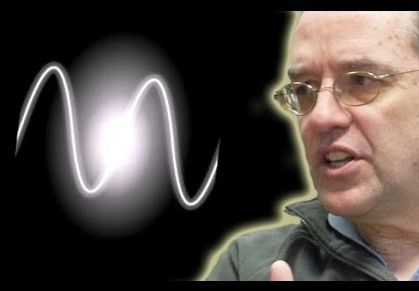In physics there are two broad ways to look at the world. One is the classical realm of Newton and Einstein, where objects have definite form and interact in clearly determinate ways. The other is the quantum realm, where objects seem nebulous, with a strange mix of particle-like and wave-like behavior. The classical view gives us a wonderfully accurate description of everything from planets to baseballs. The quantum view is necessary to accurately describe the behavior of light and atoms. The classical world dominates on the scale of our daily lives, but nature seems to be rooted in quantum theory at its most basic level.
While both the classical and quantum approach are extremely accurate in their respective regimes, what happens in the intersection of the two regimes is still unclear. We don’t have a rigorous theory combining our classical and quantum models. We also don’t have certain key observational evidence, particularly in the nexus of quantum theory and gravity. But as quantum experiments increasingly study more massive objects and gravity experiments become increasingly sensitive, we’re approaching the point where “quantum gravity” experiments could be made. That’s the goal of a recently proposed experiment.
Since there isn’t yet a unified theory of quantum gravity, folks have instead focused on approximate approaches. One such approach is to add gravity to quantum theory a little bit at a time. This perturbative approach quantizes objects and their gravitational fields, and it works well for weak gravitational fields. One of the predictions of this approach is the existence of gravitons as the field quanta of gravity, much like photons are the field quanta of electromagnetism. However with stronger gravitational fields the approach becomes problematic. Basically, perturbative gravity builds upon itself in a way that is unphysical, so the model breaks down.









Comments are closed.